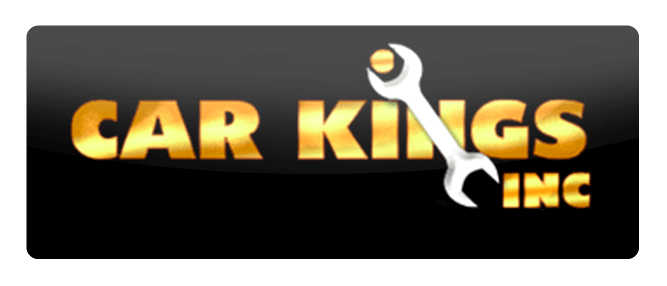

Though many think belts, hoses and filters are parts that should be replaced when they break, they are actually parts that should be replaced on a set maintenance schedule. That’s because the belts, hoses and filters in your vehicle play a key role in how well your vehicle operates. They can also cause major damage to engine components if you “drive” them until they break or fail completely.
Why Is Belt Replacement Important?
Many vehicle owners are unaware of just how important the belts, hoses and filters are to the longevity of the engine. Each of these parts is is in constant use when your vehicle is running. That means they are undergoing a lot of wear and tear. For example, the drive belts are responsible for powering parts like the water pump, power steering pump, air conditioning and more. If you replace the drive belt, before it breaks, you can go on safely driving your vehicle.
Wondering what happens if the drive belt or serpentine belt breaks or slips? Everything from the alternator, power steering pump to the air conditioner and water pump stop working. That alone is very dangerous as you will lose power while you’re driving. Even worse, the cooling system won’t be able to circulate antifreeze to the engine to keep it from overheating. An overheated engine is at risk of some serious damage. That translates into a pretty expensive repair. All this can be avoided with proper maintenance.
Schedule an appointment to have your belts and hoses inspected and/or replaced today.
Filter Replacement – Is It Really Necessary?
Your engine uses various fluids that are vital to its continued operation. Engine oil keeps the engine parts lubricated and protects them from corrosion. The transmission fluid not only keeps parts lubricated, it also prevents the transmission from running too hot. Each of these fluids requires the use of a filter to make sure dirt and debris don’t enter into the vital engine areas. Engine filters prevent dust and dirt from entering into the engine. The cabin air filter keeps allergens and pollutants from coming into the passenger compartment of your vehicle.
If you continue to drive with dirty filters, your vehicle will suffer. The fluids won’t be able to adequately protect. Your vehicle’s engine will undergo more wear and tear. Parts will wear out and need to be replaced sooner than they should. The best way to prevent premature wear and tear is to replace filters on a set schedule. The owner’s manual for your vehicle will give you a guideline for filter replacement. The Car Care Council also provides information on a General Service Schedule for vehicles. Most importantly, our technicians can also let you know when belts, hoses and filters should be replaced.
Here are some additional things you can do to help maintain the belts, hoses and filters in your vehicle:
- Have the belts checked regularly. A serpentine belt that is aging may become shiny in appearance or look glazed. It may also show signs of cracks, hardening and loss of flexibility. Some belts may show excessive wear in the ribs and valleys. All of these things can lead to a belt slipping. Also, some belts are manually tensioned and need to be adjusted periodically. If we notice any of these signs while your vehicle is in for routine maintenance, we will let you know so you can replace it.
- Maintain the cooling system. Change the coolant before it can no longer protect the engine parts from overheating or corroding. Change belts and hoses when they show signs of wear. If your vehicle is running hot, or you find you have to add coolant on a regular basis, there is a leak in the system. Have it fixed.
- Replace filters when you have the fluid replaced and use only high-quality filters.
Car Kings in Wallington, New Jersey, can assist you when it comes to the care of your vehicle. Each time you bring your vehicle into our shop for service or repair, we complete a courtesy 23-point inspection. If there’s a belt, hose or filter that needs to be replaced, we will notify you so you can have the part replaced before engine damage occurs.
Need to replace belts, hoses or filters, call us at 973-473-9300 or click here to schedule on-line now.
